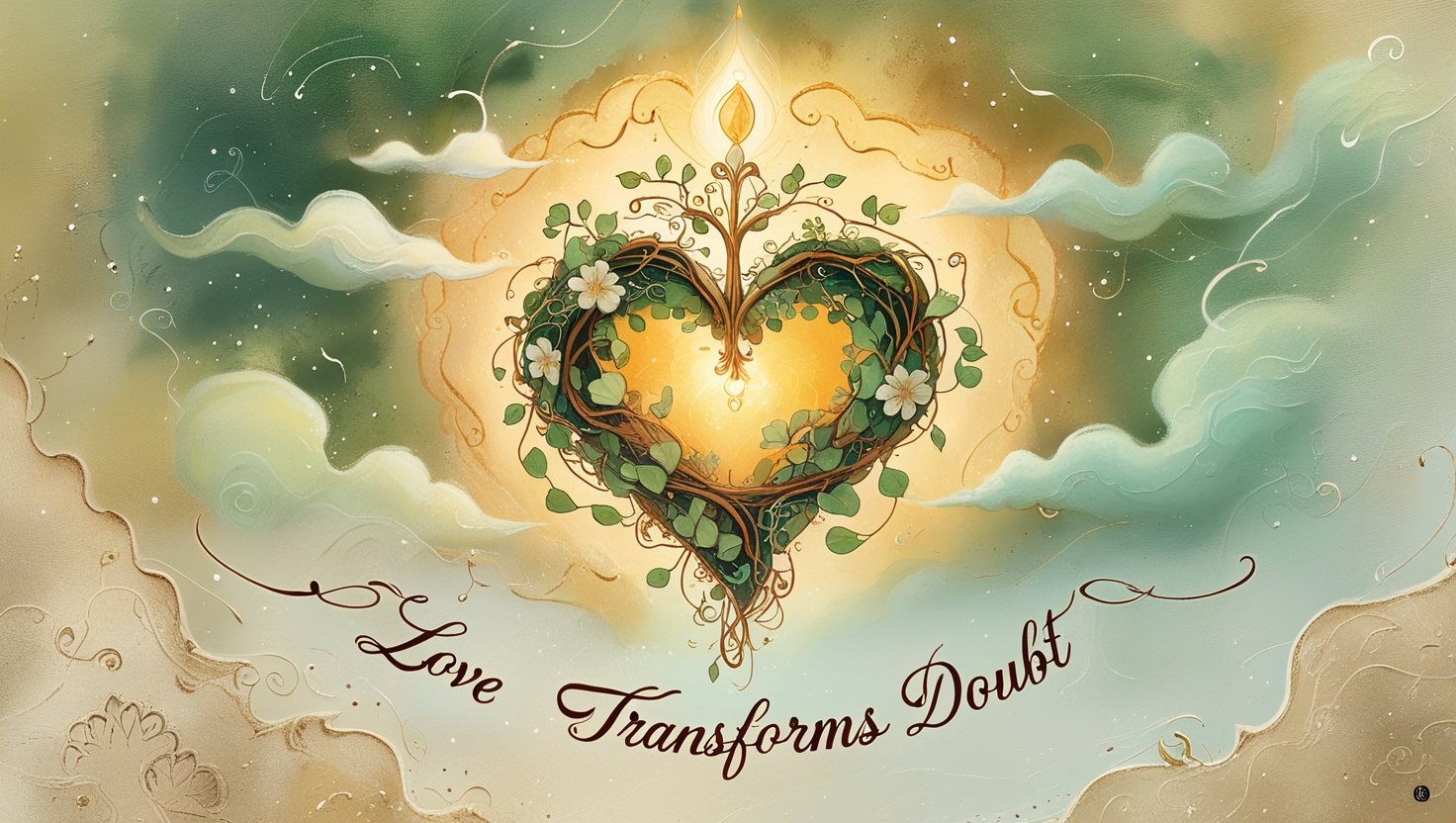“If I hold you in my heart, you’ll wither; Become a thorn
If I hold you in my eyes. No,
I’ll make a place for you within my soul instead
So you’ll be my love in lives beyond this life,” -Rumi
Rumi’s quote, “If I hold you in my heart, you’ll wither; Become a thorn if I hold you in my eyes. No, I’ll make a place for you within my soul instead So you’ll be my love in lives beyond this life,” speaks profoundly about the nature of love and the relationship between the physical and spiritual realms. In this verse, Rumi emphasizes the idea that love cannot be confined or limited by mere physical or emotional attachment, but rather must transcend these boundaries to achieve true depth and longevity.
The Heart and the Eyes as Symbols
Rumi first draws attention to the dangers of holding love too tightly within the heart and the eyes. To “hold you in my heart” suggests a form of attachment that is often thought of as emotional or sentimental. However, Rumi warns that this kind of attachment can lead to deterioration or possessiveness, symbolized by the image of the loved one “withering.” Similarly, holding the loved one “in my eyes” refers to a more superficial gaze or physical admiration. This, too, can lead to suffering or harm, as symbolized by the “thorn” — something that causes pain and discomfort rather than joy.
The Soul as the True Home for Love
The shift in the latter half of the quote reveals a deeper, more spiritual understanding of love. Rumi suggests that love should not be confined to fleeting emotional or physical experiences, but instead should be rooted in the soul. “I’ll make a place for you within my soul” indicates that true love is not bound by the limitations of time and space; it transcends the physical realm and reaches into the eternal. By situating love in the soul, Rumi advocates for a love that is unconditional, pure, and unchanging, one that remains steadfast regardless of external circumstances.
Eternal Love Beyond Life
Finally, the closing line — “So you’ll be my love in lives beyond this life” — reinforces the idea of a love that endures beyond the constraints of mortality. Rumi’s mention of “lives beyond this life” reflects his belief in the continuity of existence and love in a spiritual sense, suggesting that love, when rooted in the soul, continues to thrive beyond the physical world. This spiritual love is unbound by time and death, offering a sense of permanence and eternal connection.
Conclusion
Rumi’s quote reveals the transformative and transcendent nature of love. By urging us to place love in the soul rather than in the heart or eyes, he invites us to experience love not just as a fleeting emotion or attachment but as a deeper, eternal connection that transcends the physical realm and exists beyond the constraints of this life. It speaks to the power of love that endures, grows, and transforms across time, space, and existence.





Leave a Reply